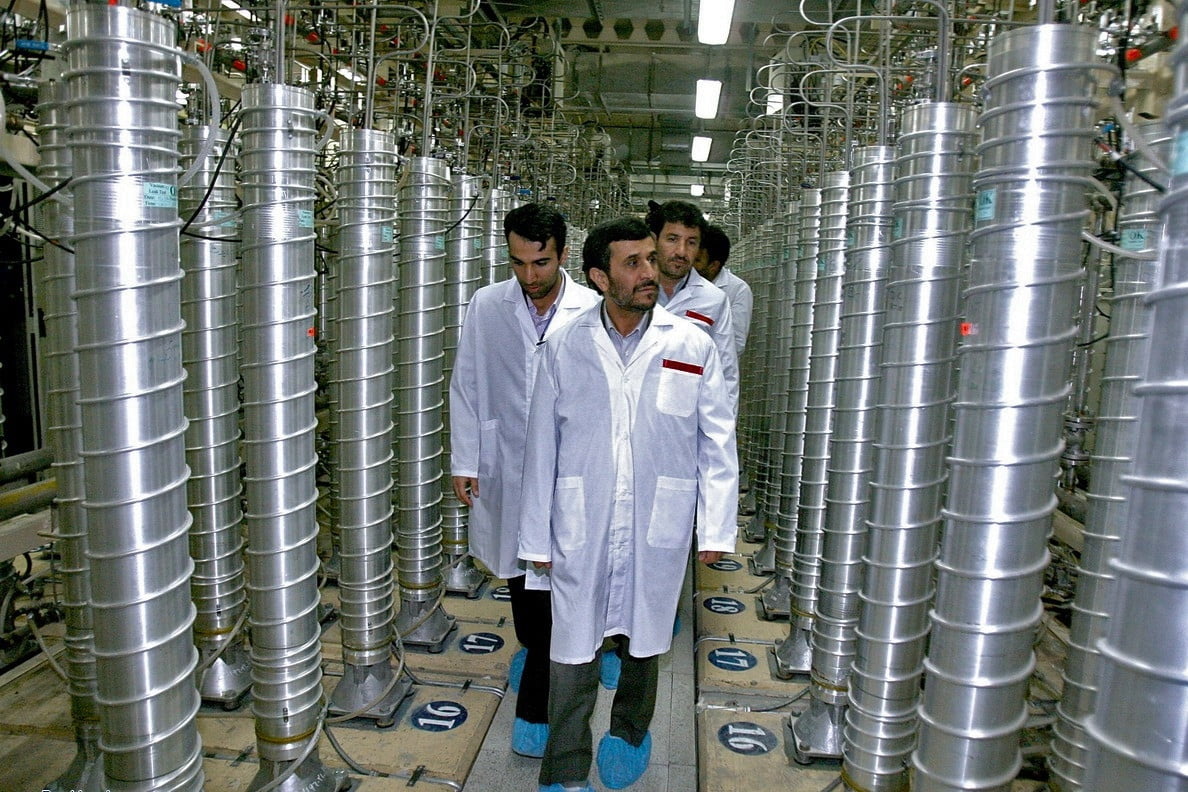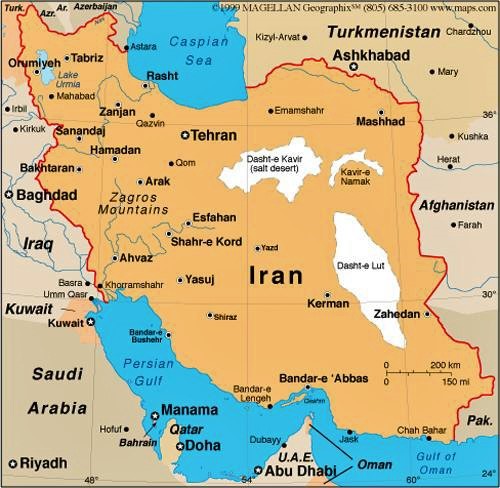Triggering a nuclear crisis
February 23, 2018 | Expert Insights

Iran’s Deputy Foreign Minister Abbas Araghchi in a speech in London has stated that if the JCPOA deal is scrapped, that would result in another “nuclear crisis.”
Background
Iran’s current nuclear program involves several research sites, two uranium mines, a research reactor, and uranium processing facilities. The country ratified the Non-Proliferation Treaty in 1970. Thus, its nuclear program has to be subject to International Atomic Energy Agency (IAEA) verification.
In the 2000s, reports began emerging on Iran running a uranium enrichment program in secret. An investigation by the IAEA revealed that Iran had not declared a number of its nuclear activities to the group. Thus, the nation was subjected to multiple harsh sanctions from the international community. This has cost the nation billions of dollars (estimated $100 billion in oil revenues alone till 2015). It has also lost out on foreign direct investment.
On 2 April 2015, the P5+1 and Iran reached a provisional agreement that sought to lift most of the sanctions in exchange for limits on Iran's nuclear programs extending for at least ten years. When the International Atomic Energy Agency (IAEA) certified that Iran had restricted its sensitive nuclear activities, the UN sanctions were lifted on January 16, 2016.
United States and Iran do not have any formal diplomatic relations or ties. The two nations share an acrimonious relationship. In 2002, US President, George W Bush, referred to Iran as being part of the “axis of evil.”
On October 2017, US President Donald Trump refused to certify Iran's compliance with a landmark 2015 deal curtailing Tehran's nuclear programme in exchange for sanctions relief. During a speech at the White House he said, “We cannot and will not certify make this certification. We will not continue down the path whose predictable conclusion is more violence, more terror and the very real threat of Iran's nuclear breakout. That is why I am directing my administration to work closely with Congess and our allies to address the deal's many flaws so that the Iranian regime can never threaten the world with nuclear weapons.”

Analysis
In January 2018, US President Donald Trump announced that he will be temporarily extending waiver of sanctions on Iran until Europe and the US can fix the nuclear deal. However, he said it was for a temporary period during which he wanted all parties involved to fix the “flaws” in the deal.
At the time he said, “This is a last chance. In the absence of such an agreement, the United States will not again waive sanctions in order to stay in the Iran nuclear deal. And if at any time I judge that such an agreement is not within reach, I will withdraw from the deal immediately."
Iran’s Deputy Foreign Minister Abbas Araghchi has now warned that the actions of the US President could potentially trigger another “nuclear crisis”. He speaking at London's Chatham House where he openly derided US President’s actions as having created a detrimental “atmosphere of uncertainty.”
"If we lose JCPOA, we would face another nuclear crisis, which would be very difficult to be resolved this time," he said. "This is a choice between security and insecurity at the world level. For Iran, we are supposed to benefit from the sanctions' lifting. If companies and banks are not working with Iran, we cannot remain in a deal that has no benefit for us.”
The United Nations and the IAEA has long maintained that Iran was in compliance of the nuclear deal. However, a UN watchdog report has revealed that Iran is testing Washington by having raised the idea of building nuclear reactors for ships that would still be within the purview of the JCPOA.
Meanwhile, Washington Post has reported that conservative critics of the JCPOA, retired Gen. Charles Wald and Eric S. Edelman have chided the US President to creating a real Iran policy. They have also criticized him for the tactics he has used against Iran.
Assessment
Our assessment is that given the increased tensions prevalent in the Middle East, a nuclear armed Iran will likely cause further instability in the region. It will also create a crisis in Washington as America and its allies will find it hard to regulate Iran’s activities. If Iran becomes a rogue nation like North Korea, this could possibly trigger a military conflict in the MENA region.








Comments